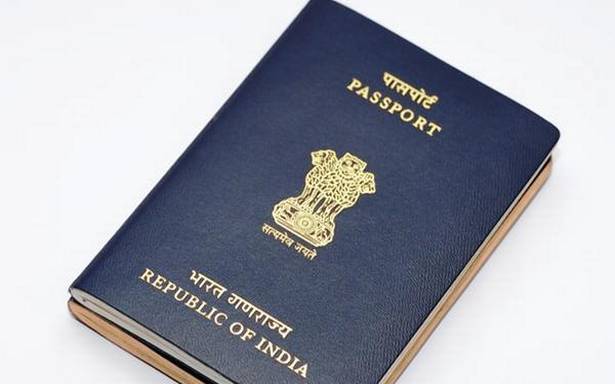It is always beneficial for everyone when passport rules are changed to expedite and streamline the application process. The Ministry of External Affairs announced new rules in 2018 that aimed to change the process of application in several different ways. Some changes have to do with documents required for the Indian passport application. Other changes are to do with new passport rules regarding police verification. Today we are going to be talking about the new passport rules in India.

New Passport Rules in India
1. The Passport’s last page will not include residential information
The MEA planned to eliminate printing the last page of the passport. The person’s residential information was not to be printed but would stay in the government database. Passports have a barcode, which can be scanned by immigration officials. This decision was taken in order to prevent revealing more information than required. Existing passports were to stay the same till their expiry date.
2. Change in colour of the passport
The passports in India were issued in three different colours:
The red ones are for the diplomats
The white ones are for the government officials
The blue ones for two categories of citizens: ECR (Emigration Check Required) & ECNR (Emigration Check Not Required)
Instead of blue, the ECR type was to have passports issued in the colour orange. This was in order to make things efficient and easy during the immigration checks.
3. Parents name not to be printed
According to the proposed changes, the parent’s name was not to be printed on the last page of the passport. The MEA had assessed that cases such as “names of estranged mother/father” and “children of single parents” did not need to be printed on the passport. They would expect to have clarity on whether both parents’ names would be available for the application procedure.
4. Physical police verification might change to online verification
The CCTNS (Crime and Criminal Tracking Network and Systems Project) will be working in association with the MEA and might replace traditional physical police verification with online verification for passport applicants. This decision was taken in order to decrease the passport processing time.
Passport Rules in Effect
The major changes done by the MEA that are already in effect are as follows:
Post Police Verification
This facility used to only be available for applicants in the Tattkal scheme. Now, all regular applicants can use the post police verification option with no extra cost. This has simplified the entire procedure.
With post police verification, applicants receive their passports a week from the date of the appointment. Police verification, the application process and issuing the passport take 21 days. However, with post police verification, the passports are given first and the police verification is conducted afterward.
Birth Certificate Substitute
It used to be mandatory for applicants born after 1 January 1989 to submit their birth certificates. However, after these changes, applicants can submit any one of the following documents as a substitute for a birth certificate:
- PAN card
- Voter’s ID
- Aadhaar card
- Driving license
- Life insurance policy that mentions the birth date of the applicant
- Transfer certificate/matriculation certificate/school leaving certificate
- Name of any one of legal Guardian/Parent
The new passport rules implemented by the MEA do not make it mandatory for applicants to give the names of both parents for the application process.Applicants can give the names of a legal guardian or a parent.
Spiritually oriented individuals such as sadhus/sanyasis can give their spiritual leader’s name rather than the name of their biological parent.
Annexes are Reduced
15 annexes used to have to be submitted but now only 9 are required. The annexes A, C, D, E, J, and K have been removed and a few of them have been merged. This makes the process easier. Annexes also no longer require attestation. The annexes are now a self-declaration form. This makes the process less time-consuming.
Divorced/Married individuals
Married individuals do not require a marriage certificate or the annexure K anymore when they apply for a passport. The applicant also does not need to provide their spouse’s name.
Job-related urgent passports
Government employees can submit a self-declaration form if unable to get their identity certificate or NOC (no objection certificate) from their employers, in order to apply for an urgent passport.
We hope that this article has been informative and helpful about the new passport rules in India.
To ask any questions related to the rights of NRIs, PIOs, and OCIs, you can download SBNRI App from the Google Play Store or App Store. You can also use the SBNRI app for investment in stock market/ mutual funds, NRI account opening, tax filing, etc. To ask any questions, click on the button below. Also, visit our blog and YouTube channel for more details.
FAQs
No, applicants can give the name of a legal guardian or a parent.
It allows applicants to get their passport before the police verification is conducted. This makes receiving the passport much faster.
PAN card, Voter’s ID, Aadhaar card,Driving license, Life insurance policy that mentions the birth date of the applicant, Transfer certificate/matriculation certificate/school leaving certificate,
Name of any one legal Guardian/Parent.
No, it will not.



